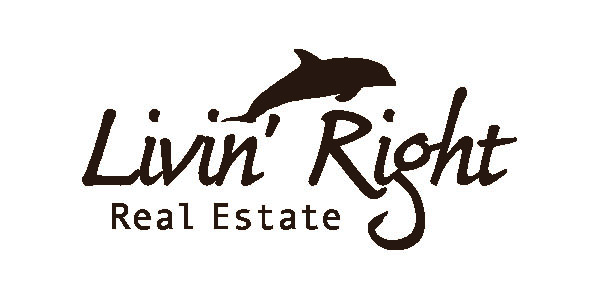The Craigslist scam: Still around, still a problem
How to use Craigslist
Advertise listings on Craigslist? It’s useful tool when used legally and ethically, providing you follow IDX rules per MLS guidelines and abide by the Realtor Code of Ethics. For more, watch Florida Realtors VP Margy Grant’s Take 5 video: Legal Do’s and Don’ts on Craigslist.
ST. AUGUSTINE, Fla. – June 15, 2017 – An apparent scam that has been making the rounds on Craigslist recently could catch people who are looking for a cheap place to rent, but officials and industry professionals say there are plenty of red flags that should warn them off.
"It's just this crazy scam where people take our listings from online and use our photos," Endless Summer Realty broker Robin Arnold said.
A property he has listed was a subject in one of two email conversations provided to the St. Augustine Record in which a potential renter responded to an ad on Craigslist and got a suspicious response. In both cases, the homes advertised on the popular listing site turned out to be for sale and the emailed answer to the initial inquiry was written by someone posing as the legal owner with a story about why he or she was out of town and would have to conduct any transaction over email.
The ads, though, contained pictures and well-written descriptions of the homes.
Noah Bailey, an agent with RE/MAX who was the listing agent on the other house, said those things are pretty easy to get from online listings.
"They basically just take your verbiage, take your pictures," he said. "It's something that's pretty common."
Both men said they were aware that their listings had become subjects of the scam and had either reported it to the owner of the property or to Craigslist.
"Typically, we are the first person to get the heads up," Bailey said.
Arnold said this is the only one of his properties that has been used in the scam recently, though he recalled a rash of them a couple of years back. Bailey said his listings seem to get used about two to three times a year.
This month, Arnold had received about 25 calls on his current listing from people interested in renting the home.
"They'll pull it up and go do a drive-by and see my sign in the yard," he said, adding that he lets the callers know the ad was a potential scam and tries to educate them about what to watch for.
Though the email chains provided to The Record never progressed to discussion about an exchange of money, Bailey said the scammer will likely promise to mail keys in exchange for a wired deposit.
The emailed answers both contained the legal property owners' names, though they appeared to be copied and pasted from online tax records because they were inserted into the email, by way of introduction, in all capital letters with the last names appearing first.
Both men said things like that are among the many warning signs on the path to an exchange of money that should scare people off.
The to-good-to-to-be-true, advertised rates are too, they said. In both cases, the homes listed had three bedrooms and were in desirable neighborhoods and carried advertised rates of under $1,000, with one as low as $750.
Bailey said he wasn't aware of anyone actually falling for the scam and that the people he interacts with typically catch on once they realize the house is actually for sale when they see his sign.
"Most people, I think, kind of wise up when they see something like that," he said.
But St. Johns County Sheriff's Office spokesman Cmdr. Chuck Mulligan said some people have fallen for similar ads. Though he had no recent example of long-term rental scams, he said he could recall about three or four instances in the past two years where someone lost money after paying a deposit or advance rent when responding to a fake vacation rental ad. Those homes are typically advertised for shorter stays for people coming from out of town.
"And then they get here and find out that the homeowners are there and the homeowners are not the ones that advertised the property," Mulligan said.
Another variation that was common, he said, were scams involving foreclosed-on properties during the recession.
Mulligan said people that are looking for rentals on Craigslist or any e-commerce site should always look for warning signs and take steps to protect themselves. First, he said, Florida has very open public records laws, and it is easy for people to determine who the legal property owner is.
"They should do some of that research," he said, and suggested they search for the address online and see if it is listed for sale.
Mulligan also warned that any transaction in which the person asks that money be wired via Western Union or any other service, or asks for payments in an unusual form, like a gift card, should also raise suspicions.
Another warning sign can be the tone of the email.
Most of the scams, Mulligan said, originate from outside the country and the person composing the response is usually not a native English speaker, and they often give themselves away with awkward word usage.
If any of those things pop up throughout the course of a transaction, Mulligan said, people should think twice before they part with their money. "They should pause and then do some more research to ensure they are actually dealing with the homeowner," he said.
Though Craigslist does provide a way for users to flag ads as spam or "prohibited" no one at the organization responded to an email requesting information about how that process works and how ads get taken down.
Copyright © 2017, The St. Augustine Record, Jared Keever. All rights reserved. The Craigslist scam: Still around, still a problem
